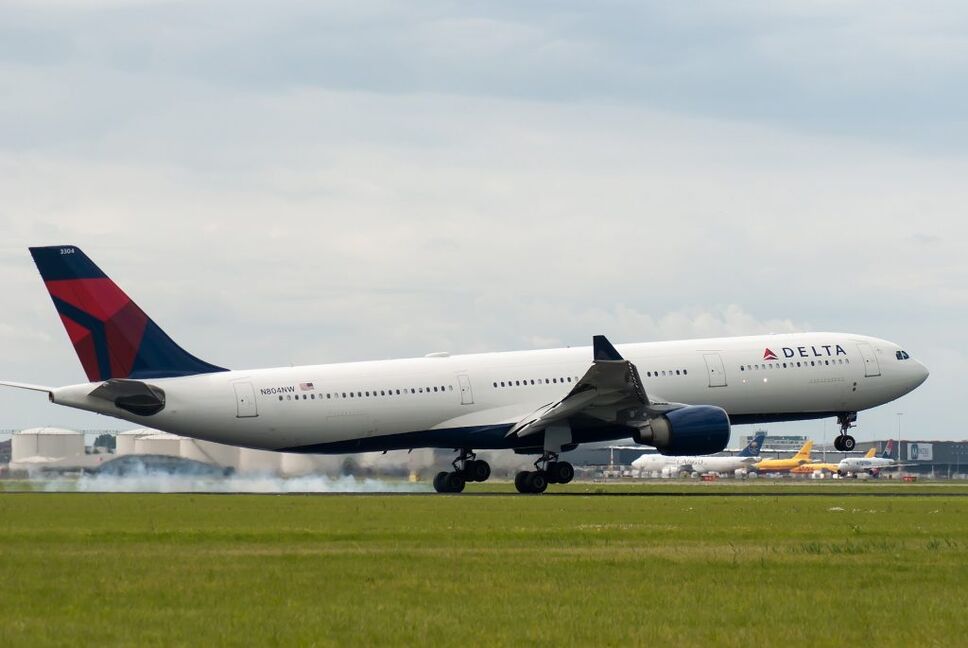Travel in 2020 is off to a strange and highly unusual start. Right before the new year, the world got word of a new virus that originated in Wuhan, China. Fast forward a month to now, the beginning of February, and the situation has evolved quite a bit. The novel coronavirus, sometimes referred to as nCoV2019, is transmitted by person to person by close contact or coughing/sneezing, the same way the flu is spread. For now, this is the only confirmed mode of how the virus spreads.
But there’s still a lot we don’t yet know and understand about the new coronavirus, and unknowns about a virus aren’t ideal. Travel has been impacted, especially in Asia currently. But do you need to cancel your vacation? Here’s what you need to know, and what we recommend you consider when making that decision.
Please keep in mind that we are in no way trained medical professionals. We’ve written this article with the most up-to-date information available at the time of publishing. If you’re concerned about your health, we urge you to consult with medical professionals. If you have questions about your future travel, always feel free to contact us and we’ll help in every way we can.
What the experts are saying
Health officials are recommending travelers remain vigilant about the situation. We’re uncertain of a few major elements of the virus like how long it takes someone to become contagious. There’s also no vaccine at the moment. Treatment includes pain relievers, hydration, and proper nourishment.
If you have immunosuppression, discuss travel with your doctor to decide if your trip should continue on or if you should reschedule.
If you’re already sick, you should stay home. For one, it’s not especially fun to travel while sick and you risk infecting others. Secondly, if your immune system is already compromised and fighting hard, it may be more susceptible to other infections.
Where you should avoid
Currently, travel to mainland China is not recommended by the US State Department. With nearly all airlines cancelling flights to the region, it would be quite difficult to get there at all. For those reasons, we feel trips to mainland China should be rescheduled.
Airlines are also cutting off many flights to Hong Kong currently, making us feel cautious about a vacation there. The main concern about taking an already-scheduled vacation in Hong Kong is the possibility of a return flight home getting canceled.

Check out this article to get the full list of which airlines have changed their routes and how long they’ve announced those routes will be suspended. Many airlines have announced cancellations until the end of February, the end of March, and Delta has suspended flights until the end of April.
Don’t forget to consider where you may be having a layover for your flight. You may not be at risk to get sick by passing through an airport, but it may risk your flights being cancelled, or even requiring you to be quarantined upon arrival at your destination.
A great resource for country specific advisories that are kept up to date is always the US State Department travel advisories.
How to stay informed
- Map of the coronavirus. A frequently updated global map of where individuals are located who have the virus. Maintained by Johns Hopkins University.
- Summary of the virus from the CDC: The Center for Disease Control and Prevention is a great source for helping to understand what we know as of now about the virus and the questions we as travelers have about it. Updated regularly.
- CDC on Twitter. Whether you love or hate Twitter, it’s excellent with breaking news like updates on health concerns at the moment they become available. The CDCs Twitter is a great place to check for the latest information about the virus.
- Enroll in the STEP Program before you leave for international travel. The Smart Traveler Enrollment Program (STEP) is offered by the U.S. Department of State and is a great resource for travelers taking trips abroad. Here you’ll sign up with your email address, fill in your itinerary information, and travel info. With this program you’ll be notified immediately in the event of a disaster, emergency or other crisis, and for evacuation coordination. This is just generally a good idea whenever you travel.
How to protect yourself and your loved ones

- Wash your hands. Always and often. Here’s how to wash your hands correctly according to the CDC.
- Don’t solely rely on hand sanitizer. If hand washing is not available, use an alcohol-based hand sanitizer with at least 60% ethanol. However, hand sanitizer doesn’t kill all germs and if your hands are greasy or especially dirty, it may not help at all. Always opt for warm water and soap if available.
- Don’t touch your eyes, mouth, or nose. We do this all the time without realizing it, but it’s a main mode of transmission with bacteria and viruses. Try to be conscious to not touch your face with unwashed hands, especially in public locations.
- Avoid locations that the CDC or State Department recommends travelers avoid. Currently this is only listed as mainland China.
- Wear a mask if it’s recommended. A basic surgical mask can help with issues such as subconsciously touching your face with dirty hands, or perhaps some level of risk, but N95 rated masks with an actual filter are needed to effectively filter the air you breathe. N95 masks also fit the face better than a surgical mask.
- Stay well hydrated, get enough sleep, stay active, and eat well. The cornerstones of wellness should not be underestimated or ignored while traveling. Keep yourself healthy while traveling and your immune system will be better positioned to stay healthy and virus free.
So should we all move into the bunker?
No. At the time of writing, the sky is not currently falling. There are new risks out there, and only you can decide what is best for you, your family, and your vacation. Yes, there’s danger in the new coronavirus and we don’t totally understand the way it acts which is scary, but there’s also danger in making coffee in the morning. Hot water, a grinder, the Legos you stepped over to get into the kitchen. Those all pose dangers, too.

This being said, vacations are an important thing in life, and we hope we have been able to provide you the tools to know your trip will be a safe and great adventure! The risk within the United States is currently low, and we have tons of ideas about how to take a great vacation within the country.
If you have any questions about traveling during this time, let us know and we’ll be happy to help. If you have a trip planned and need help rescheduling, send us an email and we can help with that.


2 Comments